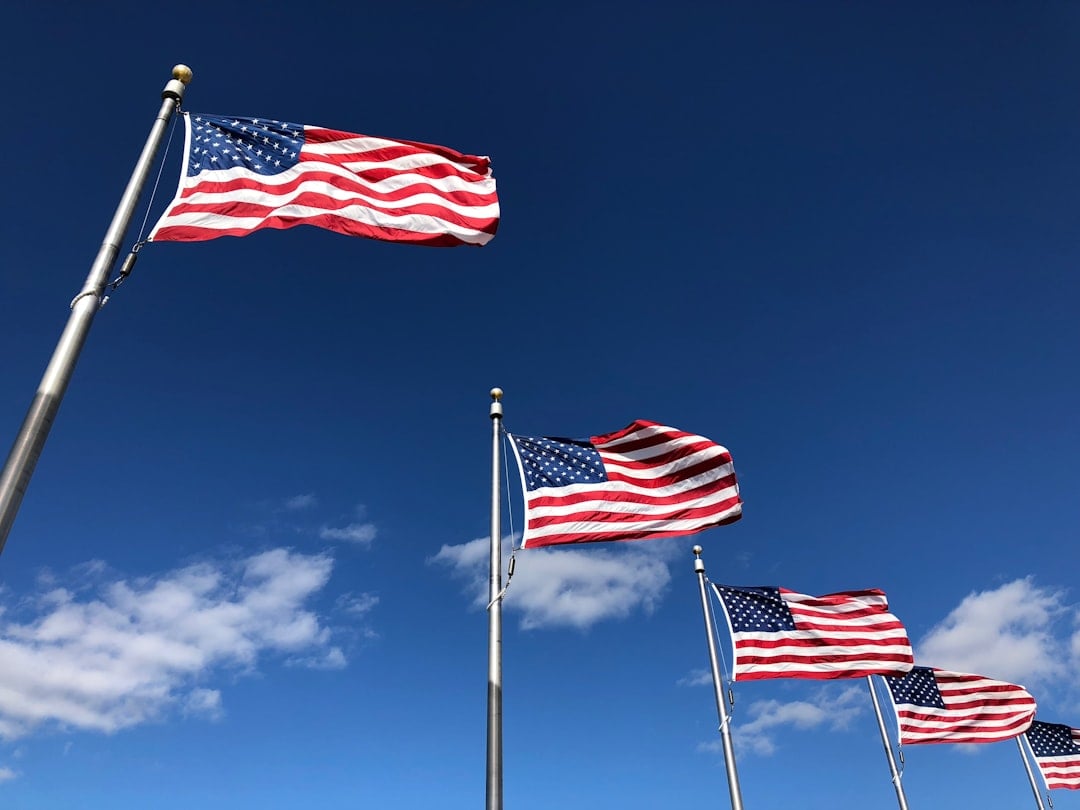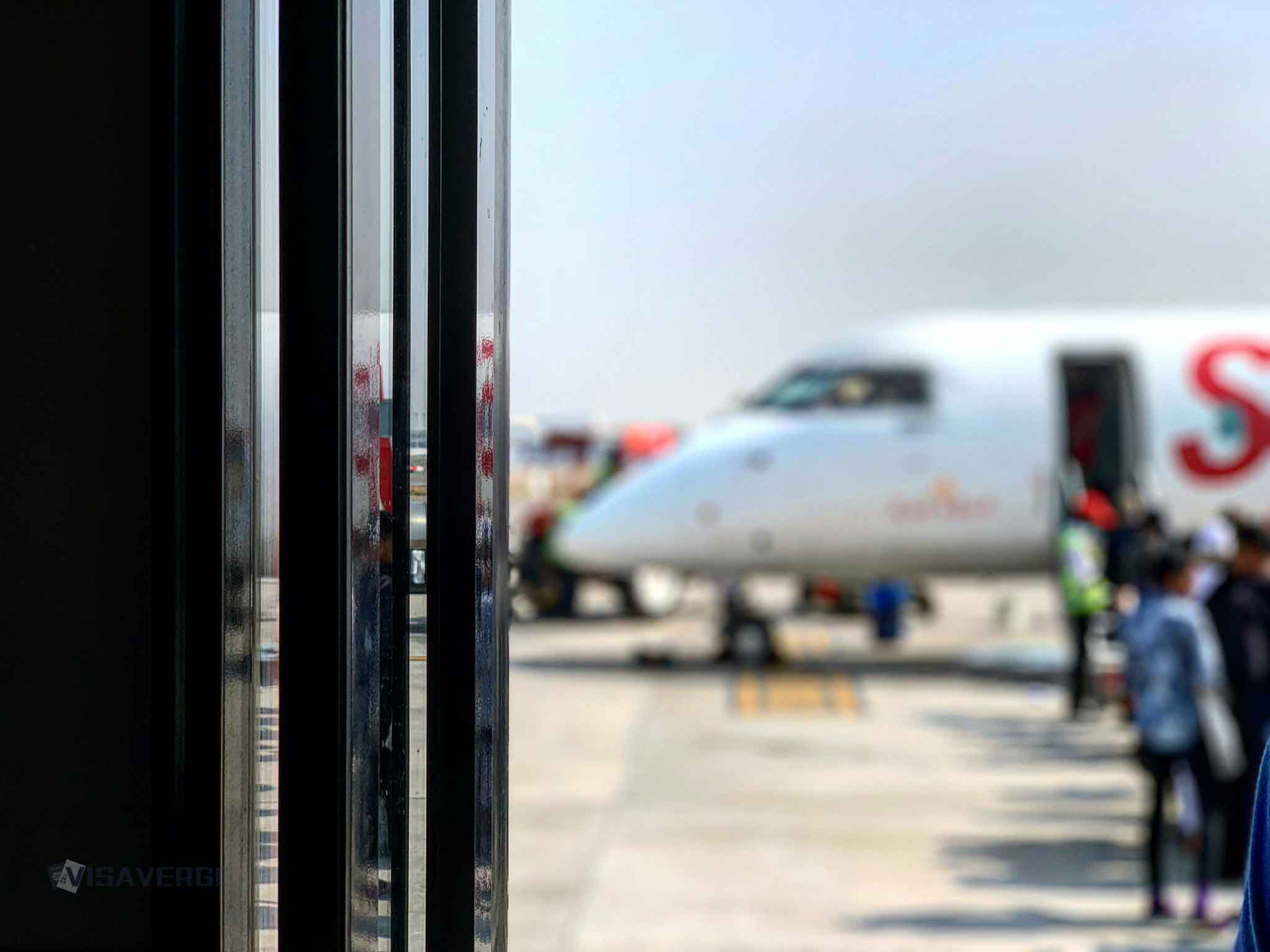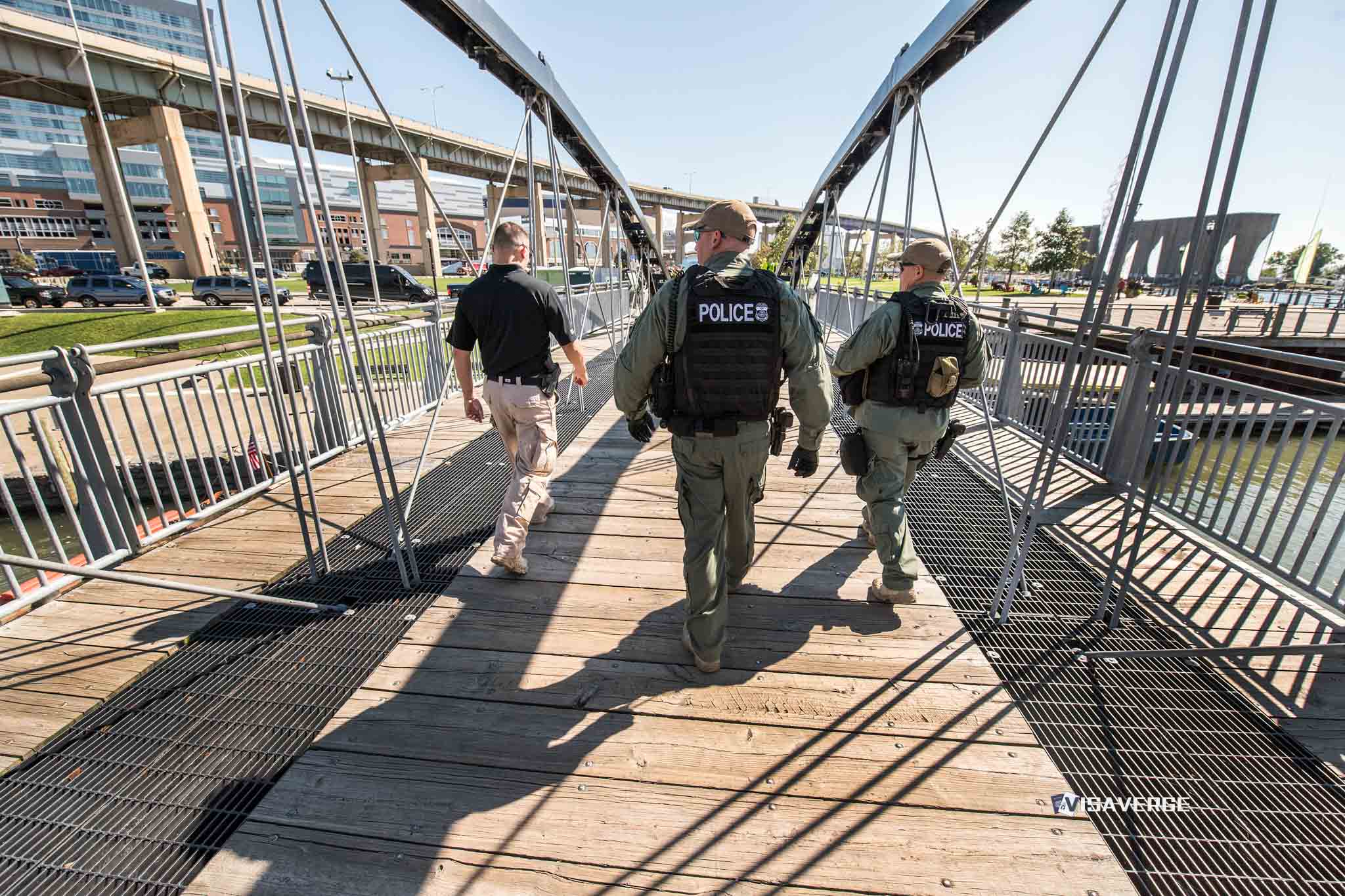(OTTAWA) Ottawa expedited citizenship for English-born soccer defender Alfie Jones, allowing him to swear the Canadian citizenship oath on Monday, November 18, 2025, just hours before he was due to join the Canadian squad for a high-profile pre-World Cup friendly in Venezuela the following day.
The rare, tightly timed move by federal officials cleared the final legal hurdle for Jones to represent Canada at international level in Tuesday’s match on November 19, 2025, turning a routine citizenship process into a decisive factor in national team planning.
How Jones became eligible: citizenship by descent

Alfie Jones, a 28-year-old central defender from Bristol, England, became eligible for Canadian citizenship through descent, thanks to a grandmother who was born in Alberta. That family link, combined with his professional career in English football, opened the door for him to switch international allegiance and join a Canadian squad looking to strengthen its back line ahead of the World Cup.
Until he took the oath, however, Jones was still legally a foreign national for Canadian purposes and could not be fielded as a Canadian player.
Legal and sporting intersection
The case underlines how immigration law and sports regulations can intersect in very specific ways.
- Under international football rules, a player who holds citizenship in more than one country can choose which national team to represent, provided they meet competition rules.
- From Canada’s side, Jones first needed to become a Canadian citizen in law, not just someone with a Canadian grandparent.
- That meant going through the standard citizenship grant process, culminating in a formal citizenship oath ceremony. Only after that moment could the Canadian team list him as a full international.
Sequence of events (tight timeline)
- Jones’s application under citizenship by descent progressed through standard checks.
- Officials arranged an accelerated oath ceremony.
- Jones swore the citizenship oath on Monday, November 18, 2025.
- He became eligible to represent Canada for the friendly on Tuesday, November 19, 2025.
This tight timeline left almost no room for error but ultimately worked in his favor and in favor of the Canadian squad.
Government fast-tracking and discretion
Ottawa’s move to accelerate his case illustrates the federal government’s power to adjust processing timelines when there is a clear and time-sensitive national interest — in this instance, related to sport.
- The federal department responsible for citizenship normally handles thousands of applications each year and schedules oath ceremonies weeks or months in advance.
- In Jones’s situation, officials arranged for him to take the oath on a very tight schedule so his paperwork would be in order before kickoff.
- According to analysis by VisaVerge.com, this type of fast-tracking for athletes with a qualifying Canadian ancestor has become an important tool for countries trying to deepen their talent pool before major tournaments.
For immigration officials, the Jones case demonstrates that existing rules on citizenship by descent can be used without changing any laws. The legal framework stayed the same; the difference was the speed and the scheduling of the ceremony.
Club career and football context
At club level, Jones plays for Middlesbrough in England’s second division, having joined them in July 2025 after a five-year spell with Hull City (2020–2025). His experience in a physically demanding league made him particularly attractive for a Canadian side preparing to face fast, technically skilled opponents in World Cup play.
| Season(s) | Club |
|---|---|
| 2020–2025 | Hull City |
| July 2025 – present | Middlesbrough |
Head coach Jesse Marsch confirmed that Jones would not just travel with the team but start in the match against Venezuela, signaling that the coaching staff viewed him as more than a depth option. In practice, the timing of his citizenship was central to Canada’s tactical plans.
Personal and civic implications
Jones’s path through descent is also a reminder that many people outside Canada may have family ties that could make them eligible for citizenship, even if they have lived their whole lives elsewhere. For the individual, the decision to seek citizenship has personal as well as professional meaning.
- Once Jones took the oath, he was not only adding a new jersey to his collection; he was accepting the rights and duties that come with membership in the Canadian community.
- Those rights include the right to vote in future elections and the possibility of holding a Canadian passport.
Official information and application process
People interested in the broader rules can find the government’s general explanation of how to become a citizen, including eligibility and oath information, on the Immigration, Refugees and Citizenship Canada (IRCC) page on citizenship at canada.ca.
- Regular applicants typically complete forms such as the Application for Canadian Citizenship – Adults (CIT 0002), available through the same official website.
- In contrast to this high-profile case, most applicants wait months between filing their paperwork and attending a ceremony, and their timelines have nothing to do with national team schedules.
Public reaction and fairness concerns
The timing around this case has drawn attention to how such fast-tracking may look to other applicants who wait much longer.
- Some observers worry that high-profile applicants may appear to receive special treatment.
- Others argue that using existing flexibility to support the national team, especially before a global tournament, is a reasonable exercise of discretion.
- The Jones case will likely be cited in future debates about how far Ottawa should go in adjusting processing to meet sporting or cultural goals.
The Jones case highlights that processing order, ceremony dates, and background checks can sometimes be organized around external events — and that can change both a player’s future and a country’s sporting plans.
Sporting outcome and final note
From the perspective of the Canadian squad, the outcome is straightforward. With his citizenship confirmed the day before the match, Jones could be listed and start against Venezuela, giving the coaching staff another option in defense and signaling willingness to look beyond Canada’s borders for players with legitimate roots in the country.
For Jones himself, the rapid end to the process cleared away weeks of uncertainty. Had the oath been delayed even a few more days, he would have been forced to sit out another international window and wait for a later chance to make his debut. Instead, the combination of his Alberta-born grandmother, his professional form in England, and Ottawa’s decision to move quickly brought him to the brink of an international career with Canada.








